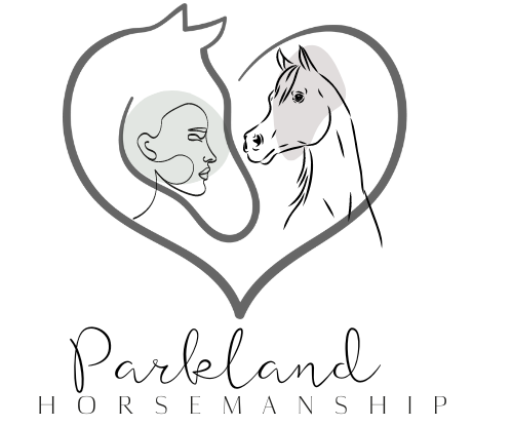Equine Therapy involves engaging with horses in a safe setting in order to treat anxiety, depression and trauma.
An equine therapist will guide participants through each session with safety training and observation of horse behavior, while licensed mental health professionals ensure a safe experience.
Developing a bond with a horse
Horses are adept observers and sensitive observers, which makes them perfect partners in equine therapy. By mirroring client behavior and emotion, horses help foster trust between horse and client and allow clients to open up about their feelings without judgment from others.
Horses also serve to teach their humans about communication and self-regulation. Engaging with horses provides an enjoyable form of exercise while simultaneously increasing self-esteem and helping form positive relationships; additionally, equine therapy has proven highly successful as a treatment for anxiety disorders as well as other mental health conditions.
One study demonstrated how horses’ presence in therapy creates an atmosphere of motivation and trust that allows adolescents to engage with therapeutic processes more readily. It’s important to keep in mind that horses should not replace professional care; any anxiety-inducing situations should always be accompanied by an experienced therapist; additionally, certain prerequisites must be fulfilled before teens will accept horses’ roles in therapy sessions.
Observing a horse’s behavior
Equine Assisted Psychotherapy offers an alternative form of therapy that may help with issues including anxiety, depression and trauma. While often associated with riding horses, Equine Assisted Psychotherapy encompasses various interactions and can teach participants how to build trusting relationships. Furthermore, EAP allows individuals to become more self aware and gain more awareness of emotions and triggers within themselves.
Horses possess an acute ability to observe human behavior and emotions. Horses have an uncanny knack of sensing when someone around them feels threatened or anxious; their body language and movements indicate this response in them; for instance if threatened or worried they’ll move away swiftly.
These observations can assist clients in understanding the source of their anxiety and practicing mindfulness during interactions with horses. By cultivating mindfulness, clients may break out of unhelpful patterns such as rumination that are common symptoms of anxiety.
Observing a horse’s reactions
Horses are highly sensitive animals that respond quickly to people’s movements, gestures and emotions. Their reactions provide invaluable insight into a client’s state of mind and may help identify patterns which could contribute to anxiety or negative emotional responses like rumination. Furthermore, horses may help foster mindfulness – the practice of nonjudgmental awareness regarding your physical sensations and surroundings – by providing valuable feedback from their interactions.
Equine therapy provides an ideal setting to open up about emotions safely and supportively, which is particularly effective for people suffering from anxiety. Emotions often lead to substance misuse as a means of numbing painful feelings; with horses providing a therapeutic alternative. Furthermore, their size creates an atmosphere of vulnerability and trust difficult to recreate through traditional talk-based approaches; additionally equine assisted therapy has even been successfully utilized to treat attention-deficit/hyperactivity disorder (ADHD); individuals can learn how to care for and handle horses thus improving self-care while honing social skills as a means of improving mental wellbeing and improving social interactions skills.
Observing a horse’s emotions
Horses are adept observers of human emotions and nonverbal signals, particularly fear-related ones. Horse therapy helps clients become aware of their own emotional responses and modify them positively – this type of therapy often used to treat PTSD and anxiety disorders.
Equine-assisted psychotherapy is also helpful for people living with ADHD. Equine therapy helps focus and foster responsibility within an individual; horseback riding provides the chance to learn how to care for another living creature as well as build self-esteem through this experience.
Clients participating in equine-assisted therapy can reap many advantages by learning practical problem-solving skills such as grooming and leading a horse. Furthermore, they gain a greater awareness of themselves and others as they practice mindfulness to become more grounded; furthermore these interactions foster empathy and trust between horse and rider.

